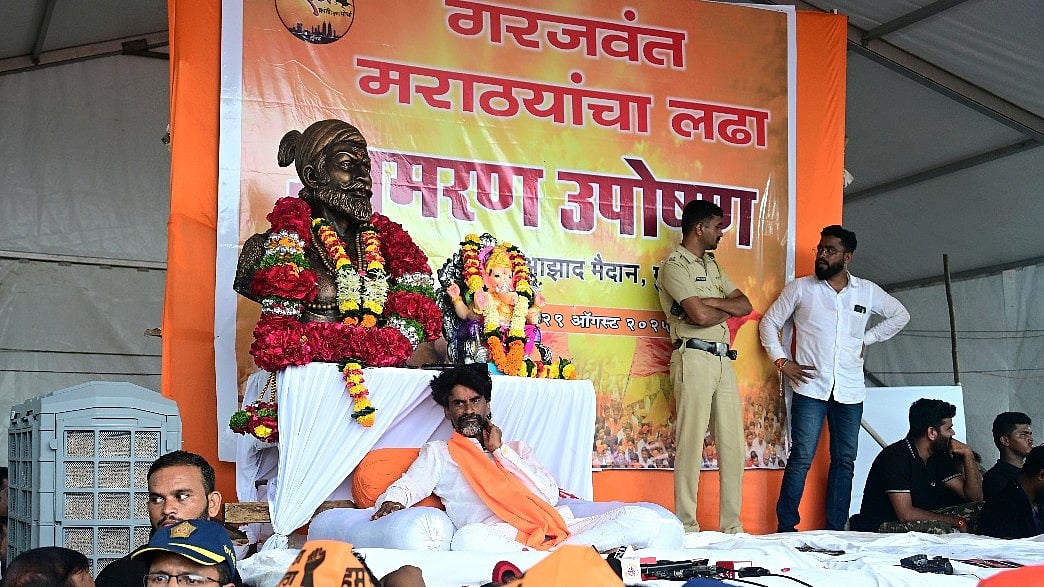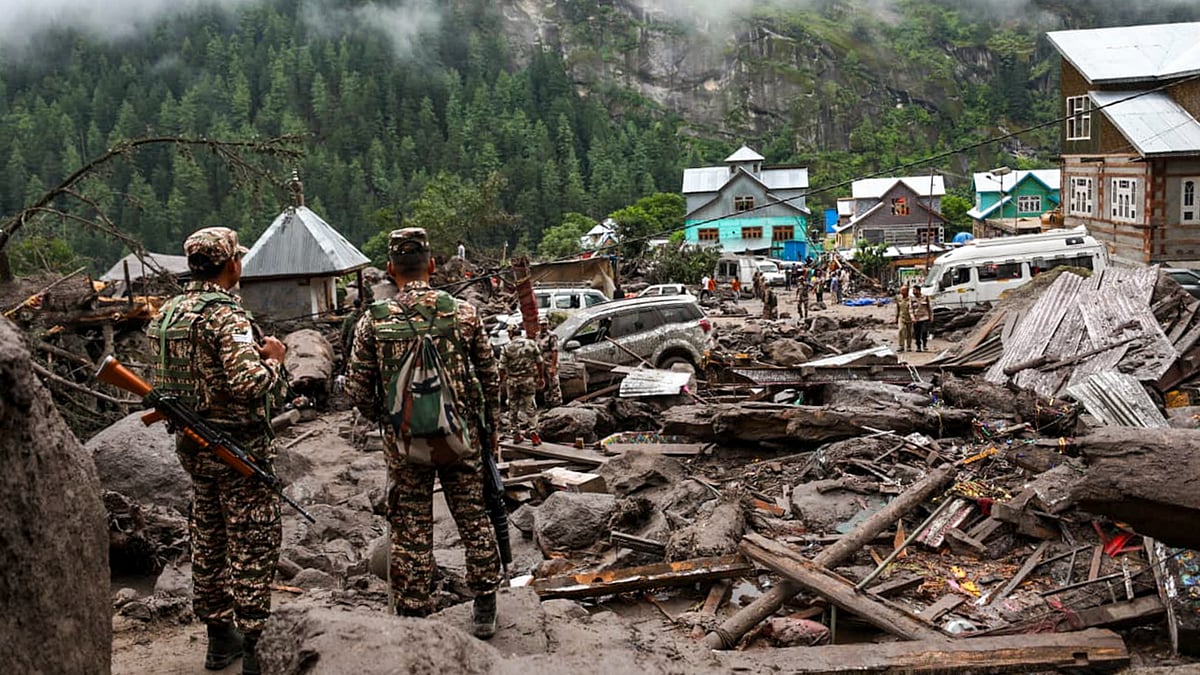The city’s air has been thick not only with its favourite deity Ganapati coming ‘home’ for ten days but also with another issue that goes back to its colonial history—conventional wood-fired bakeries and air pollution. More than six weeks after the deadline set by the Brihanmumbai Municipal Corporation (BMC) passed, nearly half of the 590 to 600 bakeries in the city have not yet converted to cleaner fuels, according to reports.
And there, at the intersection of age-old practices, sentiments about the iconic pav baked in these bhattis, concerns about emissions from them, and the city’s total pollutants turning its air quality poor, lies a tale.
Embedded in this tale of pushing the bhattis to switch to cleaner fuels, like PNG and electricity, is the larger narrative of climate adaptation and what’s increasingly an issue of ‘just transitions’, or who bears a disproportionate cost of emissions reduction and climate adaptation.
To be clear, of the nearly 600 bhattis, more than 210 have made the switch from wood as primary fuel to electricity and gas; the angst now is about the remaining half that have not kept the BMC deadline. If they are left with no option but to switch fuels and, consequently, adapt their ovens, methods of baking, and possibly the final taste of breads, pavs, nankhatais, and other delicious goodies, they will.
But this pressure on them, even if it cites the Bombay High Court order, begs the question: are the BMC and fuel-switch campaigners cherry-picking on those who stand at the end of the pollution chain? It is nobody’s case that polluting sources, including age-old bakeries, or bhattis, should be allowed to continue spewing emissions at a time when Mumbai’s air has hovered between poor to very poor to hazardous for a good three to four months of the year for the past few years. Any and all sources of emissions must be addressed, and adaptation must be planned and carried out.
However, consider that half the bakeries have made the switch, and the BMC’s data shows that between February and August this year alone, as many as 46 bakeries switched to cleaner fuels, 32 of them after the first notice was served and 14 after receiving the second notice, according to news reports.
So, it’s not as if the entire sector is resisting the switch irrespective of its stance earlier. For the bakeries, there are practical issues involved, such as the cost of switching over and changing ovens, which were installed decades ago, and so on. And, of course, the perception that the taste and texture of the baked goods change.
Now consider that all the old bakeries running on wood—often sourced from scrap, which may have hazardous chemicals too—contributed, at the most generous estimate, only about 5 per cent of the total emissions load of the city.
Even this is not a definitive figure because studies have shown different outcomes based on methods used, but assuming it is, are the BMC and campaigners not targeting one of the smallest contributors to the city’s emissions, however valid they may be?
The Bombay Environmental Action Group (BEAG), which has been at the forefront of the campaign for over a decade now and has relied on the ‘source apportionment study’ of 2010 carried out by the CSIR-NEERI, has justified that the focus on the wood-fired bakeries, or bhattis, means at least one of the sources of emissions has been addressed. The scrap wood not only contributes to the pollutants PM2.5 and PM10 but also the far more dangerous and carcinogenic volatile organic compounds (VOCs), campaigners argue.
Granting all that, bakeries are the third-largest source of pollutants—and by a long mile. Vehicular emissions and road dust, followed by construction dust and pollutants, are the top sources of air pollution in Mumbai. Fuel switches for all vehicles, public and private, and extremely stringent measures to cap construction and reduce its contribution to the emissions load should have been the top priority. Tackling bakeries is really going for the low-hanging fruit, or bread, in this case.
The aggressive focus on a couple of hundred bakeries to become ‘cleaner’ is, therefore, baffling. Indeed, all sources of emissions must be addressed, and there should be clearly defined goals for different sectors to switch over to cleaner fuels (which itself is a misnomer because the electricity may well be from emission-heavy coal plants), but logic demands that the top-most sources or largest contributors to emissions are addressed first—and aggressively so.
By all means, get the old wood-fired bakeries to move to cleaner fuels, but it would be prudent to start at the top. Push the automobiles and construction sites first to reduce their emissions load with the same focus and aggressive intent that has been directed towards the bakeries. It took massive public outrage last winter for the BMC to even begin to seriously implement its own rules and regulations on construction sites for them to observe the minimum requirements.
This, at a macro level, is what ‘just transition’ is all about. The concept, which is scheduled to occupy delegates and negotiators at the annual international climate summit, or Conference of Parties (COP), later this year, demands that the burden of reducing emissions and moving towards Net Zero does not fall on the poorer or developing countries—and within them, on the poor or marginalised.
This imperative of ‘just transition’ must be borne in mind—both by authorities like the BMC, who carry the responsibility for climate adaptation at the city level, and by campaigners, who work with the best of intentions. Indeed, Mumbai’s air must be made cleaner, but let the burden not fall on the smallest of those guilty of polluting it.
Wood-fired bakeries, with their distinctive wafts of breads, pavs and nankhatais, may well be a thing of the past in Mumbai, but surely they can be given an honourable transition to the new.

Smruti Koppikar, a senior journalist and urban chronicler, writes extensively on cities, development, gender, and the media. She is the Founder Editor of the award-winning online journal ‘Question of Cities’ and has won the Laadli Media Award 2024 for her writing in this column.










